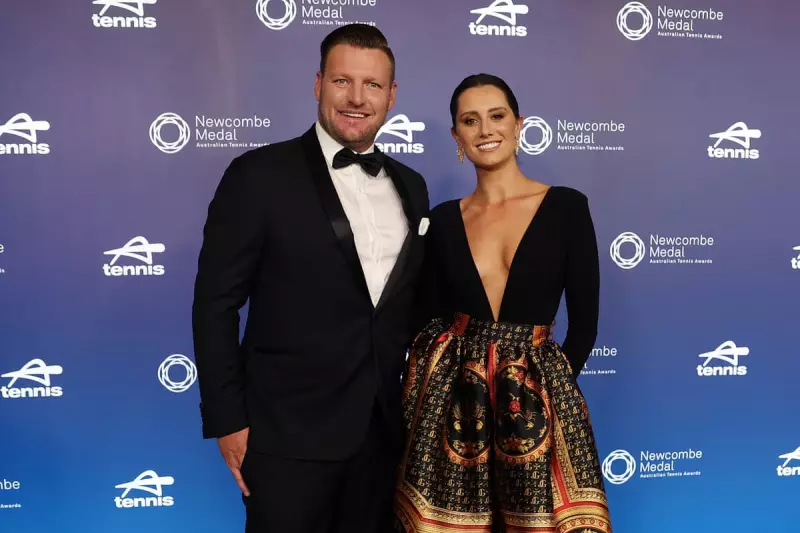
Former Australian tennis professional Sam Groth has launched a scathing attack on News Corporation, accusing the media giant of deliberately using stories about his marriage as a calculated political weapon rather than mere celebrity gossip.
The political candidate, who is making a bid for the Victorian seat of Wannon, claims the media organisation is attempting to undermine his campaign through targeted personal coverage about his relationship with wife Brittney.
'Not Idle Gossip' - A Strategic Political Move
In a bold statement that has rocked Australian political circles, Groth asserted that News Corp's coverage represents something far more sinister than typical media intrusion. "This isn't idle gossip," he declared, suggesting the stories form part of a coordinated strategy to damage his political ambitions.
The controversy emerged after News Corp published articles detailing aspects of Groth's personal life and marriage. Rather than dismissing them as routine media scrutiny, the former athlete turned politician has taken the extraordinary step of calling out what he perceives as a targeted campaign.
From Tennis Court to Political Arena
Groth, best known for recording the world's fastest tennis serve at 263 km/h during his professional career, has traded sports for politics in a dramatic career shift. His transition from athlete to political candidate has been anything but smooth, with personal life stories now dominating headlines.
The 37-year-old maintains that the coverage represents an unfair attempt to influence the political process through personal attacks rather than policy debate. His decision to publicly confront the media organisation signals a new level of tension between political candidates and media outlets in Australia.
Media Ethics Under Scrutiny
This confrontation raises significant questions about media ethics and the boundaries between legitimate political reporting and inappropriate personal intrusion. Groth's allegations suggest a blurring of lines that could have far-reaching implications for how political coverage is conducted in Australia.
The situation echoes growing concerns globally about the role of media in political processes and whether personal relationships should factor into political assessment. As Groth continues his campaign, the Australian public watches closely to see how this media battle will unfold and what it means for future political candidates facing similar scrutiny.





